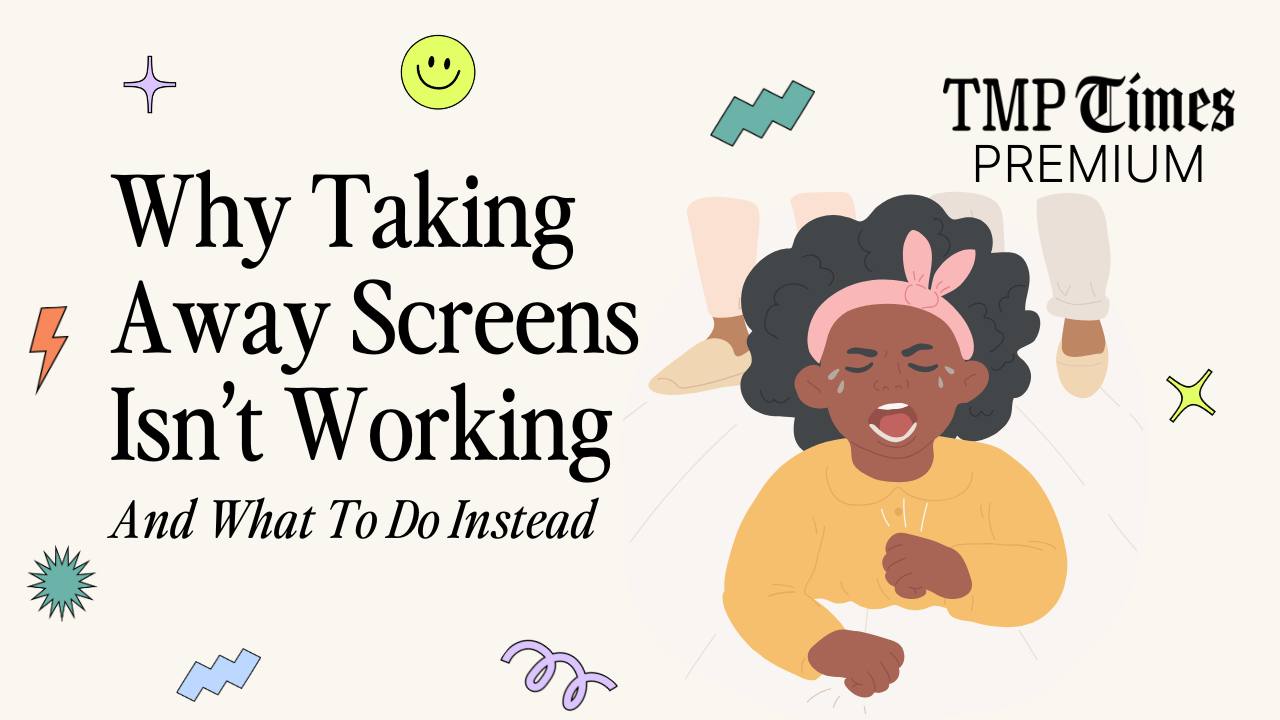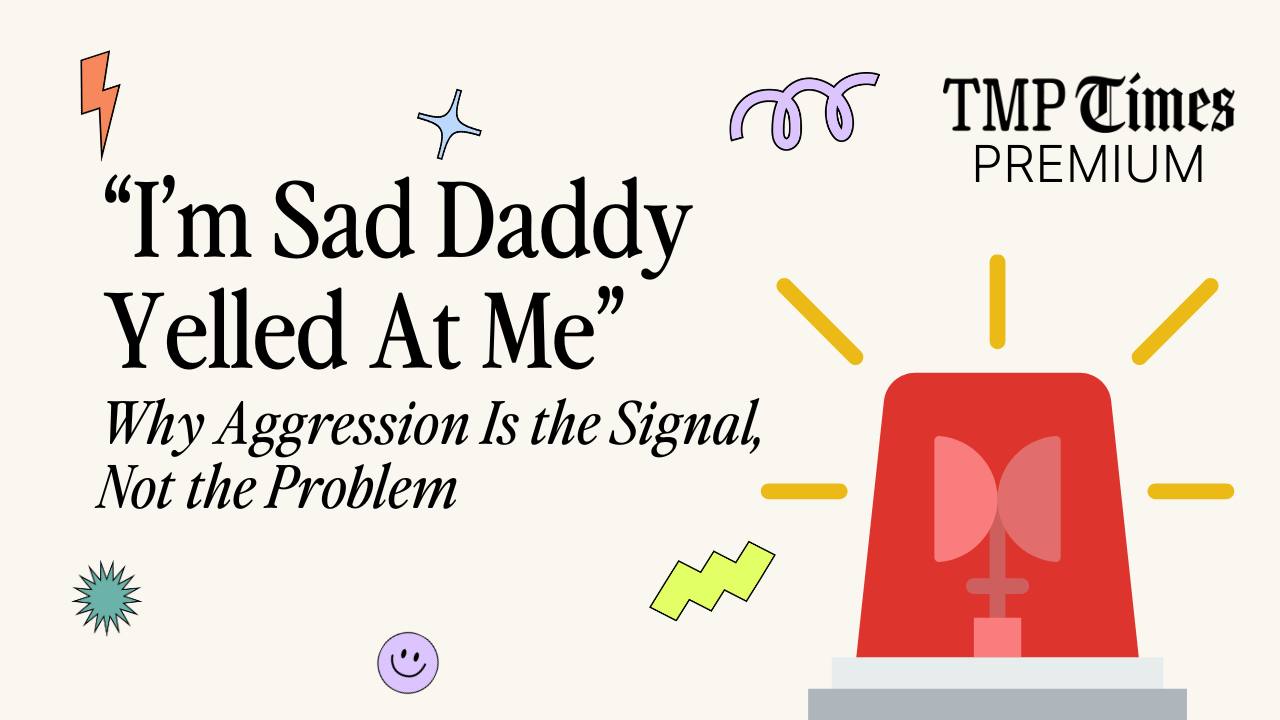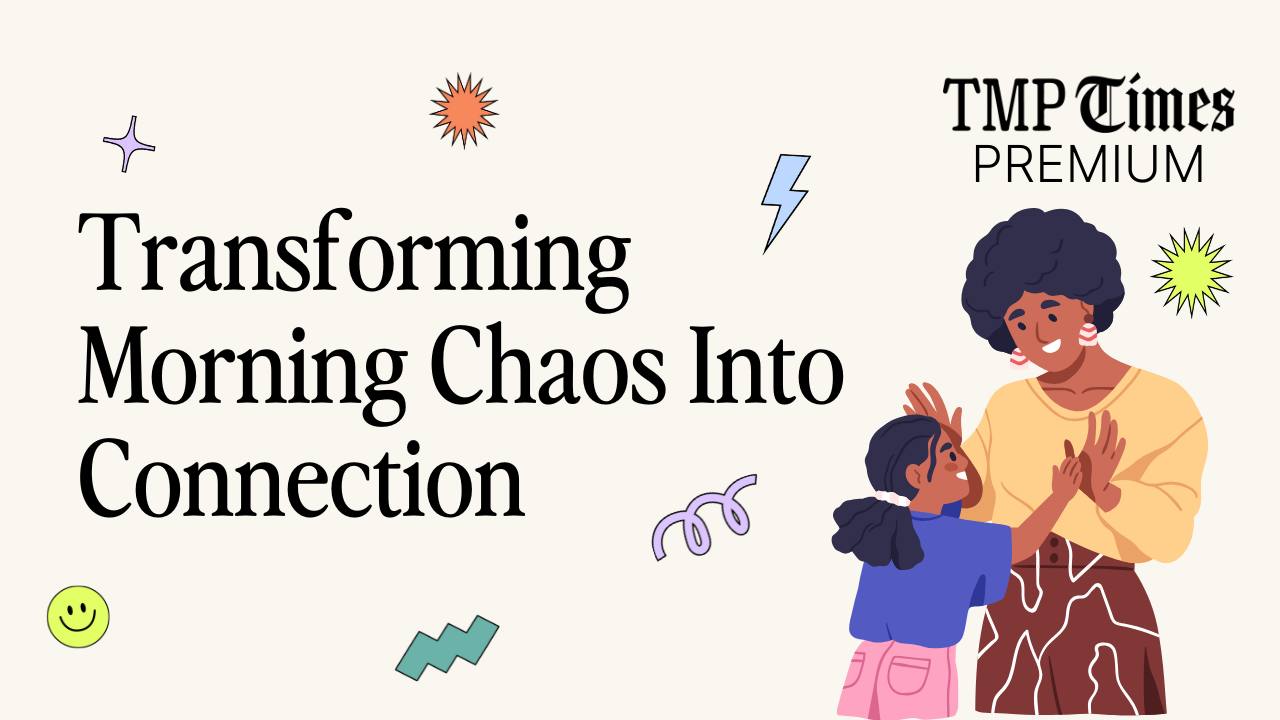When Words Wound - Helping Children Communicate Respectfully


Picture this - you’re finishing up dinner prep when your 7-year-old storms into the kitchen, fists clenched, and declared with surprising intensity: "I hate you, Mom! You're the worst!"
Your mind flashed through a catalog of possible responses—from the stern ("We don't speak that way in this house") to the wounded ("That really hurts my feelings"). Instead, you take a breath, bend down on her level, and ask what was happening.
It turned out that another child had excluded her during a playdate earlier that day. The hurt and rejection she felt had been simmering for hours, looking for an outlet. And in that moment, you became the safe place where all those big feelings could land.
As a psychologist, I often hear stories just like this from parents in my coaching sessions. One mother recently shared how her daughter told her husband "I wish you would die" at bedtime. Another described her son screaming "I hate you!" while looking her directly in the eyes.
These moments can feel like arrows to our hearts. We work so hard to create loving homes, and hearing such hurtful words can trigger our own childhood wounds or fears that we're somehow failing as parents.
What I've learned—both personally and professionally—is that these painful declarations rarely mean what they appear to on the surface. They're not accurate reflections of our children's true feelings about us. Rather, they're crude attempts to communicate complex emotions that young children simply lack the vocabulary and emotional regulation to express appropriately.
The challenge we face is responding in ways that acknowledge the real feelings beneath the harsh words, while also teaching more respectful communication patterns. When we react with our own emotional flooding (anger, hurt, punishment), we miss the opportunity to help our children develop the emotional intelligence they desperately need.
In today's newsletter, I'll share research-backed strategies that can transform these difficult interactions into opportunities for connection and growth—because how we respond to disrespectful communication today shapes how our children will handle conflict for years to come.
In this week's newsletter you'll learn:
- How to transform hurtful words into teaching moments: Replace stress and hurt with confident, research-backed responses that strengthen your parent-child bond
- The science behind your child's emotional outbursts: Understanding what's really happening in your child's developing brain will help you respond with patience instead of taking harsh words personally
- Age-specific scripts that actually work: Get practical, tested responses for different developmental stages so you can stay calm and consistent when challenging moments arise
- A proven system for teaching respectful communication: Learn how to create lasting change through the 5:1 ratio approach, turning daily interactions into opportunities for emotional growth
By the end of this newsletter, you'll feel equipped with practical tools to handle disrespectful communication, reducing family tension and creating a more peaceful home environment where everyone feels heard and respected.

THIS WEEK'S TEACHING
Why Children Resort to Disrespectful Communication
When your child screams "I hate you!" or "You're the worst mom ever!" they're not actually expressing hatred. Research from developmental psychology shows us they're demonstrating what experts call "emotional displacement"—transferring big feelings onto the safest person available: you.
Brain imaging studies reveal that children under 7 are still developing the neural connections between their prefrontal cortex (responsible for rational thought) and their limbic system (emotional center). This means that when emotionally overwhelmed, children literally cannot access their logical thinking skills or their full vocabulary.

Recognizing this biological reality can help us respond with empathy rather than taking their words personally.
Three Root Causes of Disrespectful Communication
- Underdeveloped Emotional Vocabulary: Most young children simply don't have words for complex emotional states like "disappointed," "overwhelmed," or "rejected." Instead, they resort to the dramatic language they do have.
- Need for Power and Control: Children often feel powerless in their world. Using shocking or hurtful language gives them a momentary sense of power—they know these words get an immediate, intense reaction.
- Modeling and Environmental Influences: Children are constantly absorbing communication patterns from their environment—whether from peers, media, or even adults in their lives who may occasionally use disrespectful communication.




